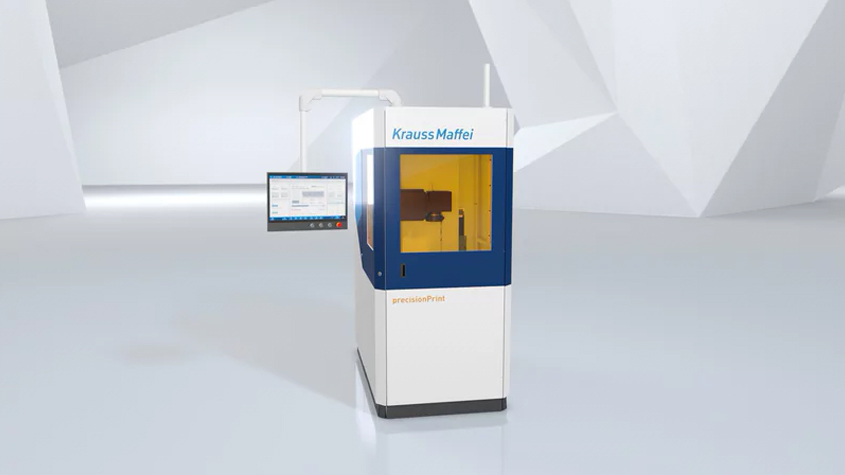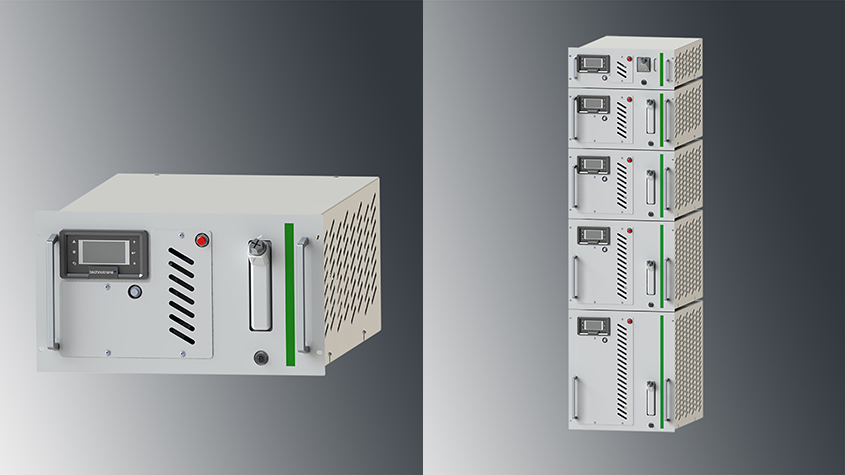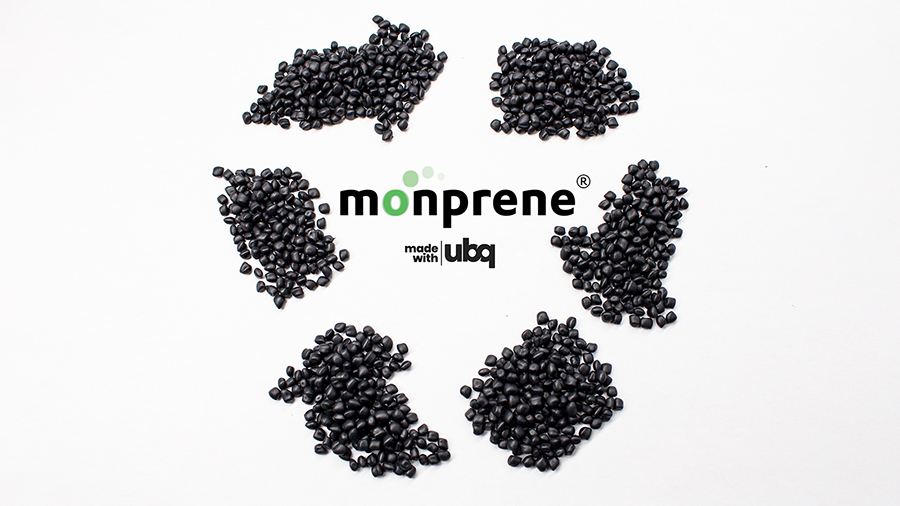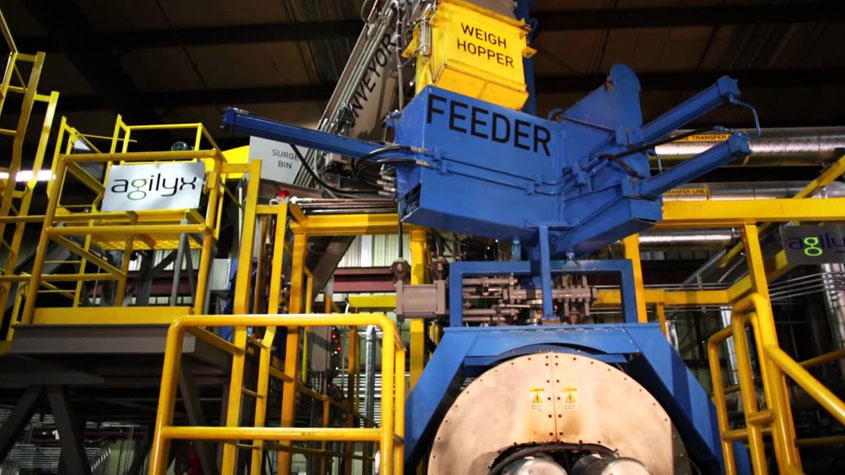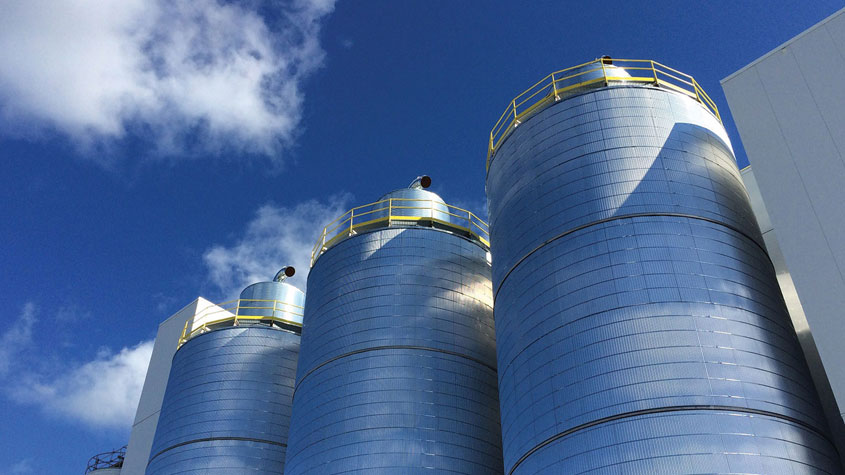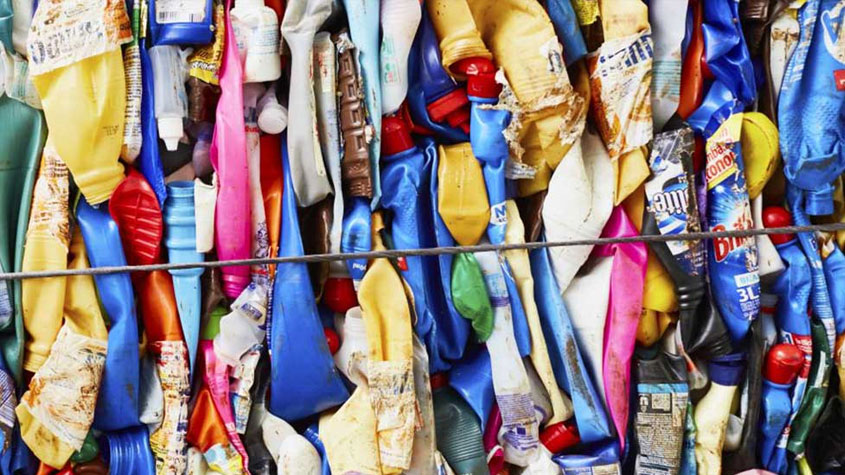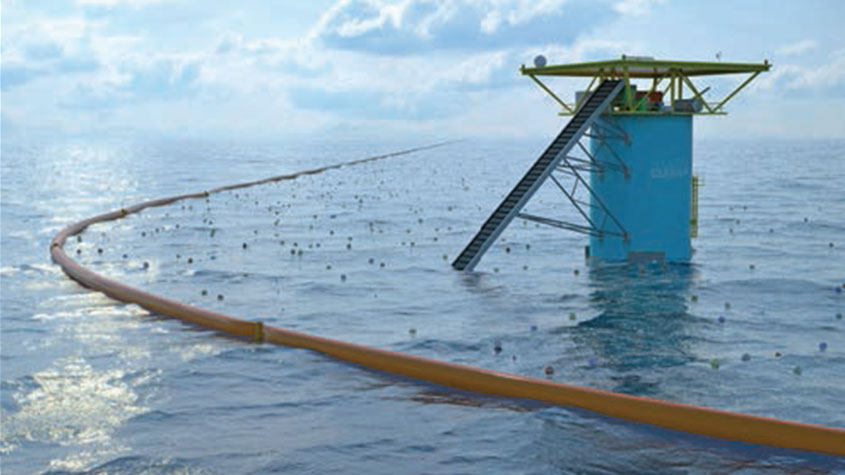Polyscope Polymers Wins JEC Innovation Award 2019 for Automotive Sunroof Thermoplastic Composite Guide Rails
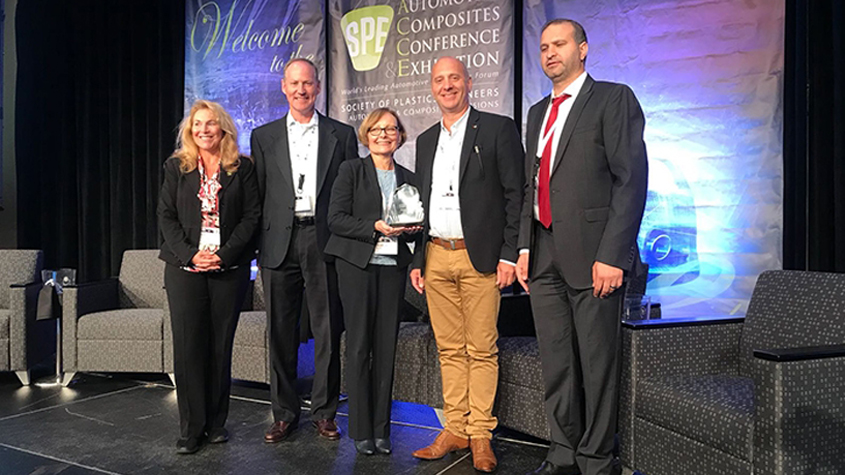
Polyscope Polymers is this year’s winner of the JEC Innovation Award in the Automotive Application category.
Polyscope’s XIRAN SGH30EB glass filled thermoplastic composite was specified by Webasto France and the Groupe Renault (Boulogne-Billancourt, France) for the roller-blind guide rails on the panoramic sunroof modules installed, since 2016, in Renault Scenic and Grand Scenic MPV (multipurpose vehicle) models.
This is a significant automotive innovation for the industry, being the first time that a thermoplastic composite material has successfully replaced aluminum for this type of sunroof design in a mass produced passenger car.
“We are absolutely delighted and feel very honoured to have won this prestigious JEC Innovation Award. It was a challenging application development for the Polyscope team, but we were fortunate to be working with outstanding, highly technical, design and engineering people in Webasto France and Groupe Renault and the specialist partner companies involved in this project,” said Ferdi Faas, Business Unit Director, at Polyscope Polymers.
The move from conventional anodised aluminum extruded profiles to thermoplastic composite Guide Rails provided Renault with customer design improvements: freeing up 13 mm headspace for passengers and increasing the angle of vision through the glass panel (called Daylight Opening). The XIRAN SGH30EB composite guide rails simplified the construction and installation of the sunroof on the Scenic and Grand Scenic vehicle assembly lines. In total, the project delivered a significant system cost reduction for the installed, improved design, panoramic sunroofs.
XIRAN SGH30EB is a 15% glass-reinforced copolymer compound of styrene maleic anhydride and acrylonitrile butadiene styrene (SMA-GF).
The formulation was optimised by Polyscope, firstly, to ensure high bond strength with the polyurethane adhesive used to mount the glass to the module, and the module to the body-in-white (BIW) roof structure, and secondly, to ensure that dimensionally stable precision parts with a high shot to shot consistency were injection moulded, which is highly critical for the smooth opening and closing operation of the roller-blind system; the need to use a lubricating grease on the rail guides was also eliminated.
This partnership project involved the Polyscope team working closely with automaker Groupe Renault, First Tier automotive roof systems market leading manufacturer Webasto SC (Les Châtelliers-Chateaumur, France), along with specialist toolmaker and moulder AARK-Shapers (La Séguinière, France).
Webasto engineered the injection moulded rails to include a high level of functional integration while simultaneously reducing part count and the number of assembly operations, cutting manufacturing time, cost and complexity.
Clever tooling by AARK-Shapers enabled eight SMA-GF composite parts for the sunroof module to be moulded in a family tool that also features modular blocks. This allows both Scenic (five-seater) and Grand Scenic (seven-seater) guide rails to be moulded in the same tool without using costly tool moving slides or needing additional tools. The asymmetric upper and lower thermoplastic rail sections were injection moulded in two pieces and then joined after demoulding.
At Renault’s assembly plant, the redesigned sunroof system arrives from Webasto fully assembled and pretested as a one-piece ready to install unit. The sunroof unit is then robotically bonded to the vehicle roof, cutting out two-to-three assembly steps, thereby increasing productivity. In addition to the initial significant cost reduction for installed sunroofs, as the thermoplastic composite module has fewer parts, Renault also expects to benefit from reduced long-term warranty costs, due to lower parts/million (PPM) defects and higher quality since 2016.
There is an environmental benefit for Groupe Renault in switching to a thermoplastic composite for the sunroof guide rails. Like aluminum, the SMA/ABS base resin material is fully recyclable, but uses significantly less energy to produce the rails and to recycle them at end of a vehicle’s life.
Polyscope specialises in the research and product development of styrene maleic anhydride (SMA) copolymers, compounds, aqueous solutions and styrene, maleic anhydride and N-phenylmaleimide (SMANPMI) terpolymers. The company is working on a number of innovative projects in other market sectors, as well as automotive, where customers are looking for more precise and lighter weight alternative solutions in a high performance thermoplastic composite material which can also simplify component construction and assembly.
KraussMaffei showcases pioneering Additive Manufacturing solutions at formnext
precisionPrint stereolithography 3D printer show smultilaser-technology for series product…

